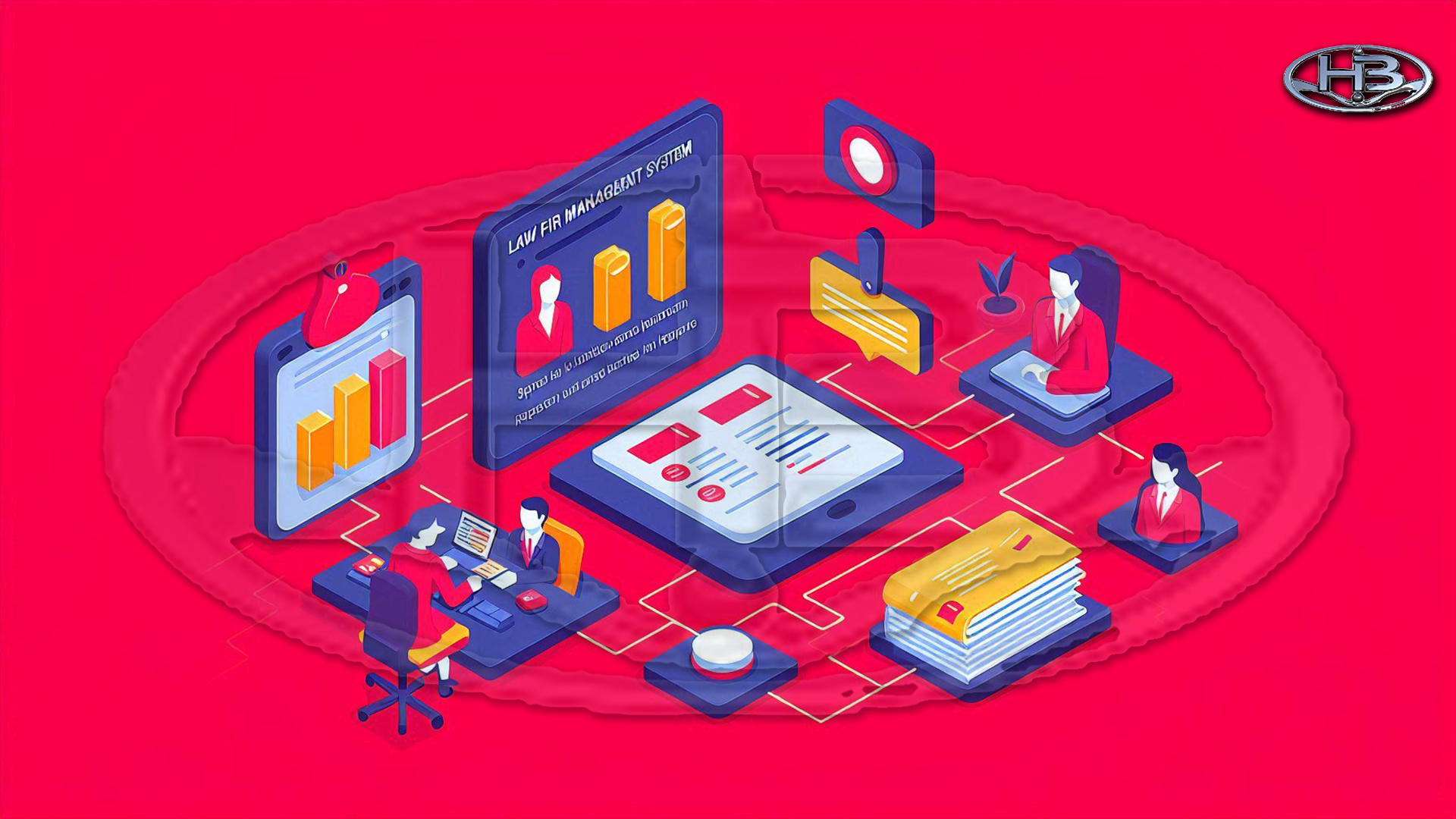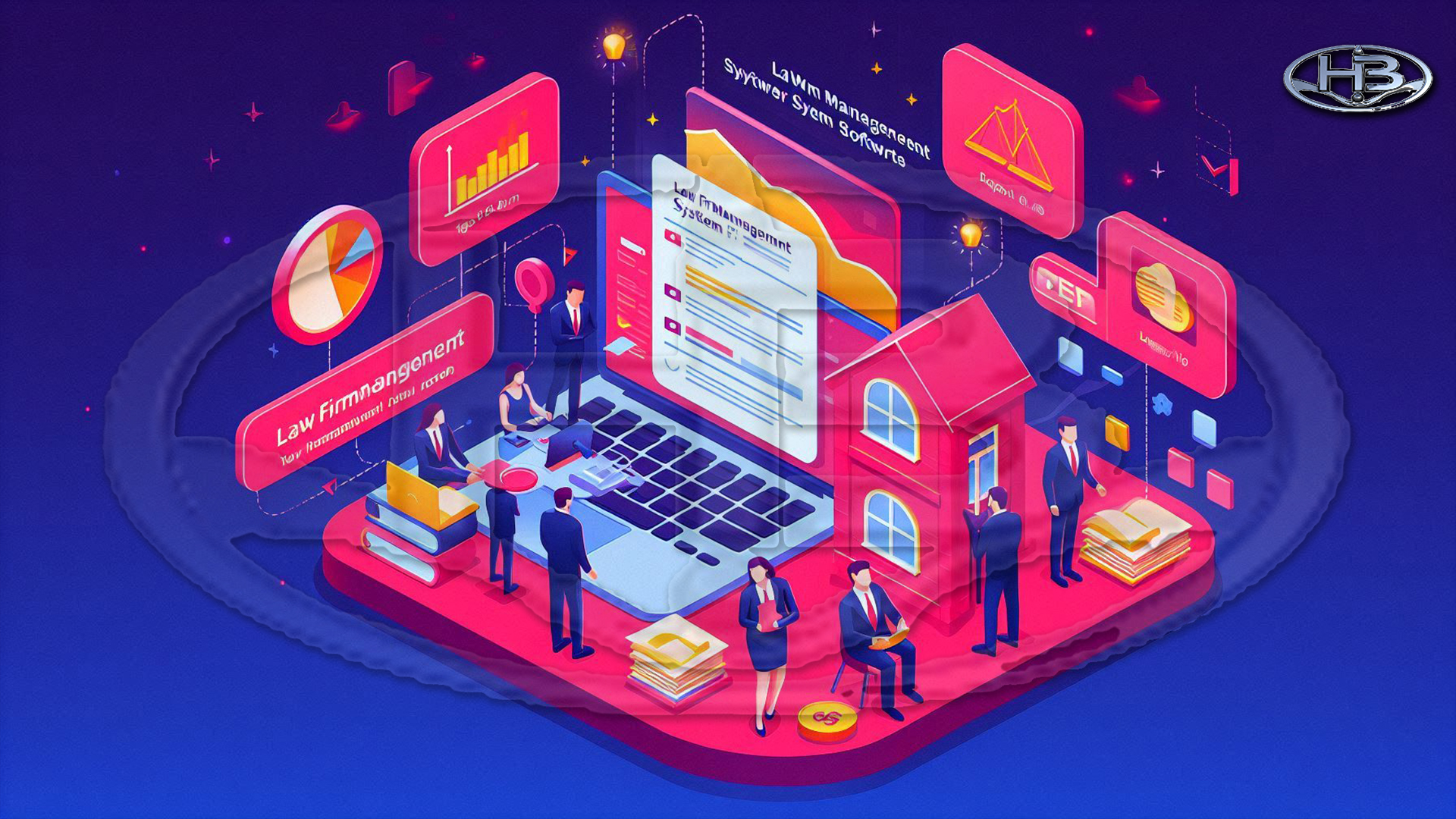Description
Law firm management system software, also known as legal practice management software, is designed to streamline and automate the operations of law firms, helping them manage cases, clients, billing, and other administrative tasks. Here’s a breakdown of its key features and benefits:
Key Features:
- Case Management:
- Centralized storage of case information, documents, and communications.
- Tracking deadlines, court dates, and tasks.
- Conflict checking to avoid ethical issues.
- Client Relationship Management (CRM):
- Managing client contact information and communication history.
- Tracking client interactions and preferences.
- Client portals for secure communication and document sharing.
- Time Tracking and Billing:
- Tracking billable hours and expenses.
- Generating invoices and managing payments.
- Trust accounting.
- Document Management:
- Storing and organizing legal documents.
- Version control and document collaboration.
- Document automation and template generation.
- Calendaring and Scheduling:
- Managing appointments, deadlines, and court dates.
- Task management and reminders.
- Reporting and Analytics:
- Generating reports on case progress, billing, and other key metrics.
- Analyzing data to improve firm performance.
- Legal Research Integration:
- Integration with legal research databases like Westlaw and LexisNexis.
Benefits:
- Increased Efficiency:
- Automates repetitive tasks, saving time and resources.
- Streamlines workflows and improves productivity.
- Improved Organization:
- Centralizes case and client information.
- Provides easy access to documents and data.
- Enhanced Client Communication:
- Facilitates secure communication and document sharing.
- Improves client satisfaction.
- Accurate Billing:
- Ensures accurate tracking of billable hours and expenses.
- Reduces billing errors and improves revenue collection.
- Better Compliance:
- Helps firms comply with ethical rules and regulations.
- Reduces the risk of malpractice claims.
- Improved Collaboration:
- Facilitates team work on cases.
Key Considerations:
- Cloud-based vs. On-premise:
- Cloud-based systems offer greater flexibility and accessibility.
- On-premise systems provide more control over data and security.
- Integration:
- Ensure the software integrates with other tools and systems used by the firm.
- Scalability:
- Choose a system that can grow with the firm’s needs.
- Security:
- Robust security measures are essential to protect sensitive client data.
- User-friendliness:
- The system should be easy to use for all staff members.
Law firm management system software is essential for modern law firms to operate efficiently and effectively in today’s competitive legal landscape.












Reviews
There are no reviews yet.